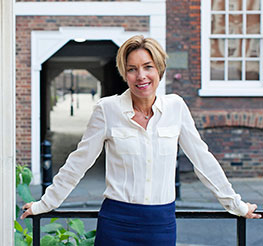Punched in the face. Strangled. Stalked. Expected to always cook homemade meals. Kicked in front of the children. Over the threshold to qualify for legal aid to protect herself. Had to make an ex parte order on her own (her furious husband turned up at her house the day after the order was served on him). Attended a court hearing, hand held by someone from Women’s Aid, while her husband turned up with a barrister. Fortunately, granted an order (she visited her GP throughout her ordeal and her injuries were recorded).
This particular victim of domestic abuse relayed her ordeal at a meeting of the all-party parliamentary group on access to justice this week. The victim’s marriage ‘started off normally’, she said. The first time he punched her, he cried and promised never to do it again. The next time, ‘he was not quite so sorry’. The time after that, ‘maybe if you hadn’t done that…’, he said.
Domestic abuse commissioner Nicole Jacobs told the event she wants to see more specialist support for domestic abuse victims.
Family courts in Dorset and North Wales have been trialling a ‘problem-solving’ approach to improving the court’s response to people who have been affected by domestic abuse. ‘Victims and survivors say they feel so much more confident to speak because they are now better supported,’ Jacobs said.

Jenny is a founding director and an award-winning family lawyer committed to accessible justice and the rights of the individual. She specialises in complex financial disputes and helping resolve arrangements for children.
She is an accredited Resolution specialist and an Advanced Family Law Panel member. In 2021 Jenny was made an Honorary Kings Counsel (KC Honoris Causa) in recognition of her contribution to changing the law of England and Wales

Recent Comments